Life in Cyprus differs greatly from life in Russian cities. Some differences delight expats, others repel them. After three years in a new country, people often experience a reassessment of values — and there’s no way around it. Some fall in love with Cyprus and want to stay forever, while others pack up and leave.
3 Years — “The First Crisis Age”
Three years often mark a turning point in people’s lives, commonly associated with crisis. Whether it’s about relationships, work, or living in a new place, this is the time when one has enjoyed all the pros, starts noticing the cons, and makes a conscious or subconscious decision: quit or adapt. Psychologists call this “the first crisis.”
So, to say people leave because “Cyprus is bad” isn’t quite correct. They would likely have left any other country — simply because they didn’t want to go through the long, difficult, and sometimes painful process of adaptation. This isn’t weakness — it’s a choice, with its own set of advantages.

Dissatisfaction with Infrastructure
Cyprus’ urban infrastructure often confuses those who’ve lived their whole lives in big cities in Western Europe. Limassol, Larnaca, Paphos, and even Nicosia don’t have high levels of urbanization.
What’s missing:
- 24/7 shops and pharmacies
- Stores and offices open at least until 8–9 pm (most close at 6 pm; on Wednesdays and Saturdays at 1 pm; Sundays are off)
- Delivery services
- Wide, well-regulated roads
- Cultural venues (few theaters, galleries, and cinemas)
- Playgrounds, parks, and pedestrian zones (mainly near tourist areas like promenades)
What’s abundant: traffic jams, narrow streets, and lower cleanliness standards compared to Europe.

Lack of Central Heating
It may sound trivial, but for many this becomes a deal-breaker. People come to Cyprus expecting year-round warmth, but end up freezing in winter. Homes lack heating systems, yet temperatures drop to +5–10°C. While mild compared to Siberian frosts, apartments without heating are uncomfortably cold.
The only option is electric appliances: A/C units, heaters, electric blankets. These consume lots of energy, with bills reaching €100+ a month. Many get tired of wearing boots and coats indoors and paying so much for utilities — and leave.
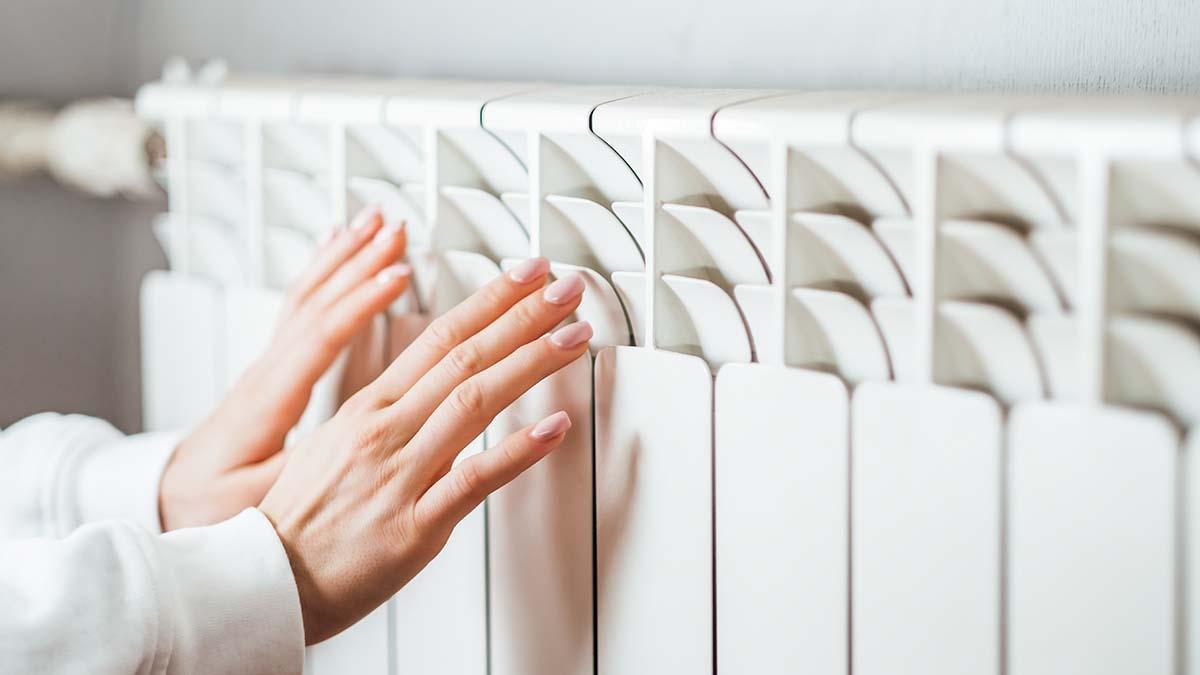
Uncomfortable Summers
If winters are cold, surely summers are perfect? Not always. Alongside the sunshine come:
- Large, unusual insects (flying cockroaches, centipedes)
- Poisonous snakes
- Dust storms from the mainland
- Relentless heat (+35°C even at night), leading to more A/C bills
- Overcrowded tourist areas and beaches
The best time in Cyprus is spring and autumn, when the weather is sunny but not exhausting, and life feels comfortable indoors and outdoors.
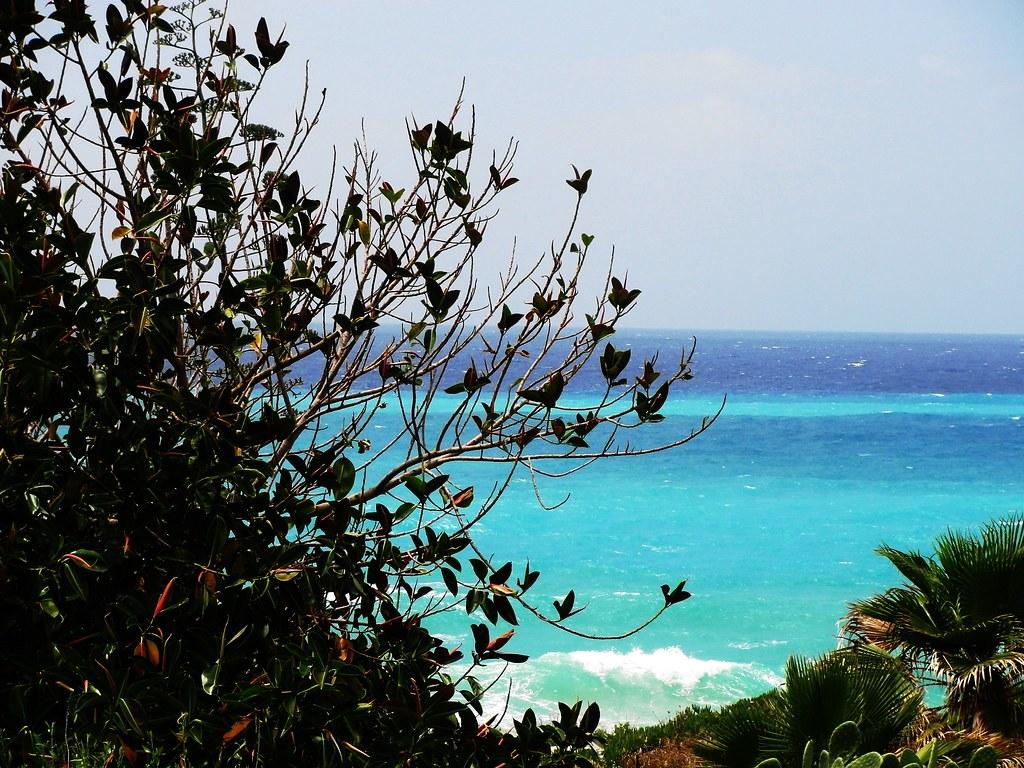
High Cost of Living
Living costs in Cyprus are higher than in many other cities in the world. Limassol tops the list for expensive property and rentals, often surpassing even Nicosia. Prices are high for:
- Appliances and electronics
- Mobile services and internet
- Many foods (especially animal products)
- Dining out
- Fuel
- Utilities (water, electricity)
- Taxis (expensive even by European standards)
Many compare these expenses to those back home, realize how much they could save, and leave without regret.
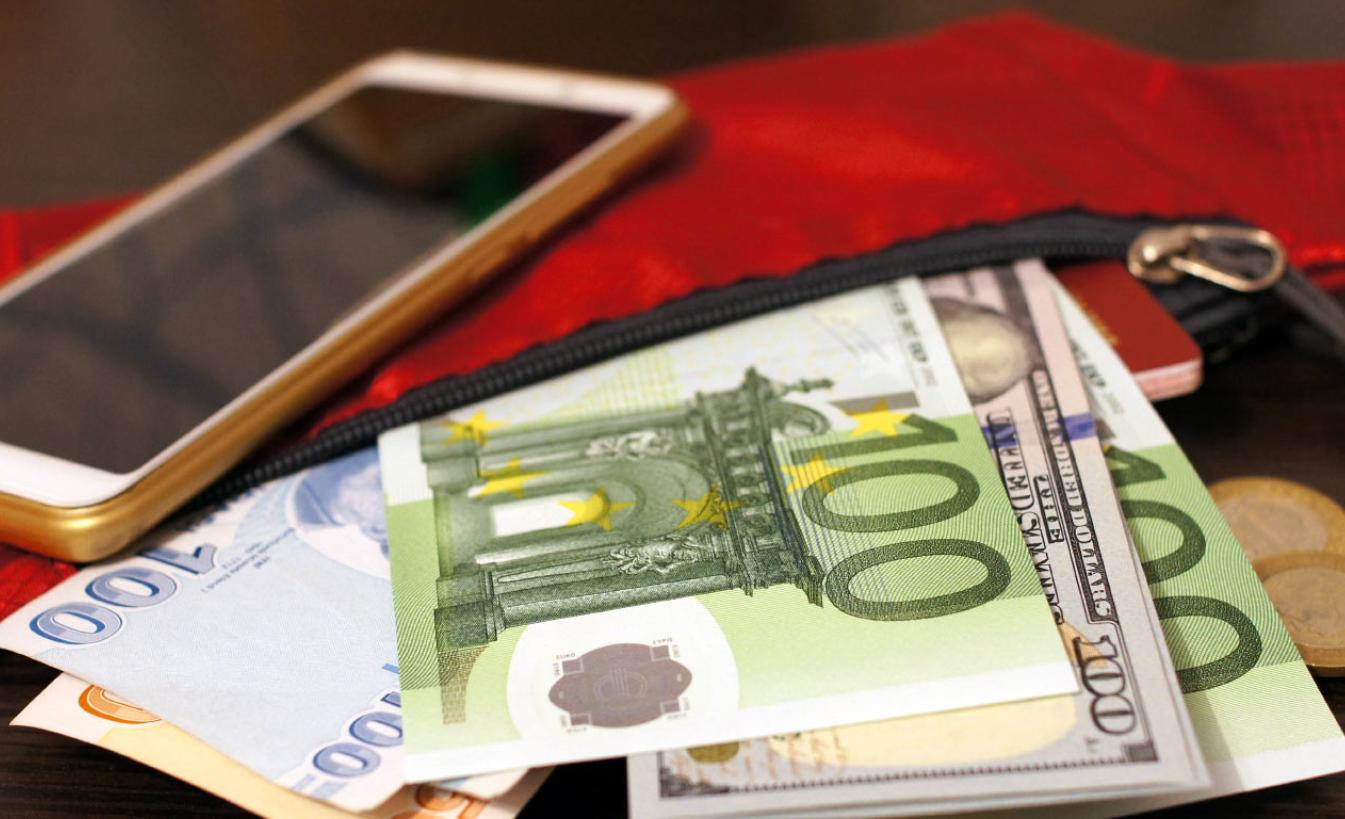
Work Challenges
Cyprus welcomes professionals like doctors, engineers, and IT specialists. Beyond that, few jobs are available for foreigners. Service industries (hotels, restaurants) are legally closed to non-EU nationals. As a result, expats either find remote jobs or struggle to compete with locals.
Local Mentality
What sets Cypriots apart from many other Europeans? Their laid-back, unhurried, and life-loving nature. Charming at first — frustrating in business. For example:
- “No rush” = missed deadlines
- Relaxed = obligations ignored
- Life-loving = prioritizing personal matters over work
- Friendly = nepotism
This “mañana” approach exists across southern cultures. On Cyprus it’s called “siga-siga” (“slowly, slowly”). Some expats adjust and even enjoy the calmer pace. Others can’t adapt and leave.
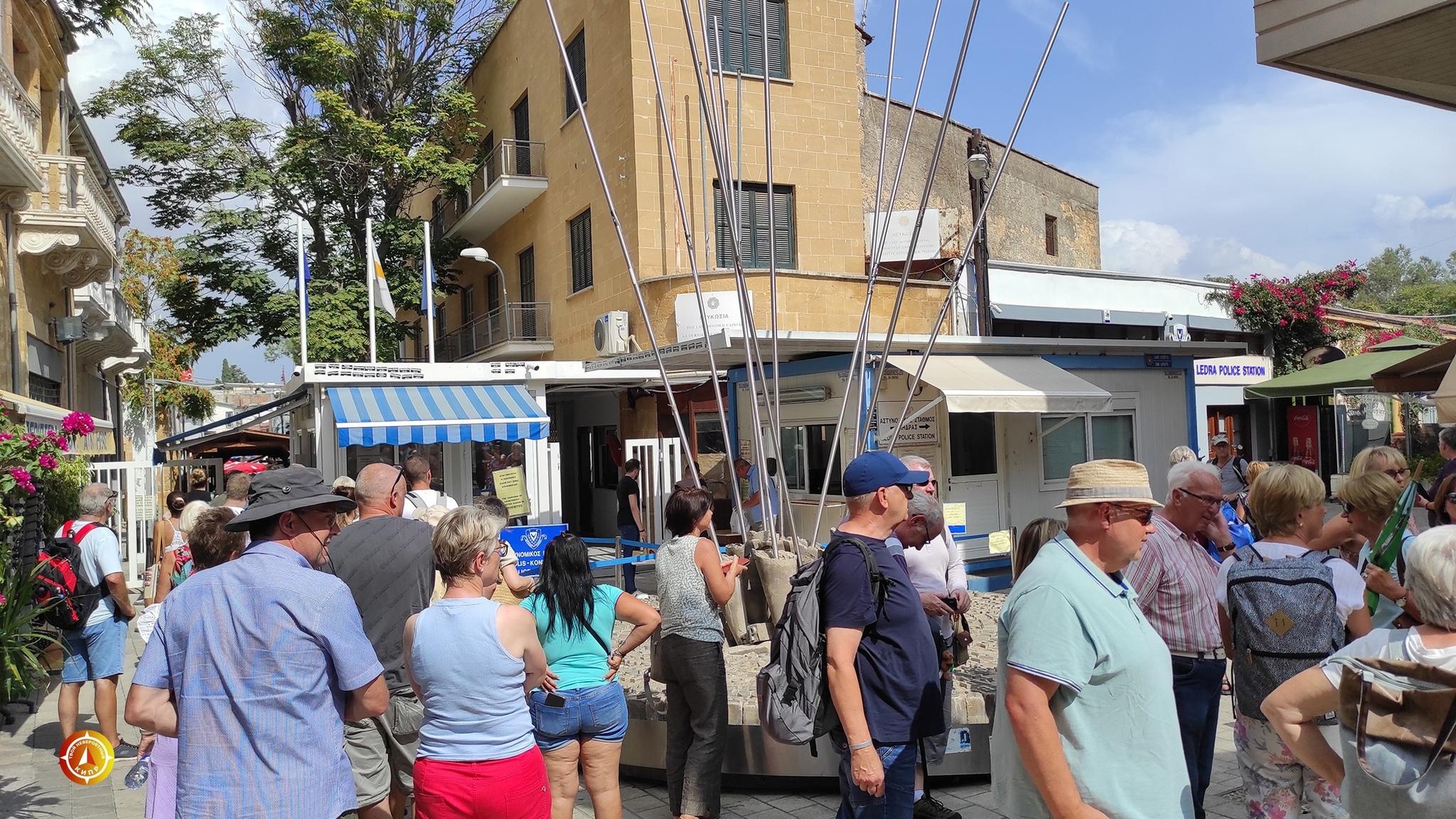
Distance from Family
For many, family is central. Two common cases:
- Young parents move, but grandparents remain abroad, missing out on their grandchildren’s upbringing.
- Retirees move for comfort, but later return to be closer to children and grandchildren.
Some expats eventually bring their whole family, but this isn’t always possible.

Raising Children
On the one hand, Cyprus is great for families: sun, sea, fresh food, child-friendly locals, and good private schools (especially English-language). On the other hand:
- Few playgrounds or children’s activity centers, especially outside major cities.
- Public schools teach in Greek (with advanced English as a bonus).
- Private Russian or British schools exist — but they’re costly.
The Car Factor
Public transport is minimal. Everyone has a car — often more than one per family. Driving is necessary, but there are challenges: traffic, relaxed driving habits, and left-hand traffic. Those unwilling or unable to drive find life much harder.
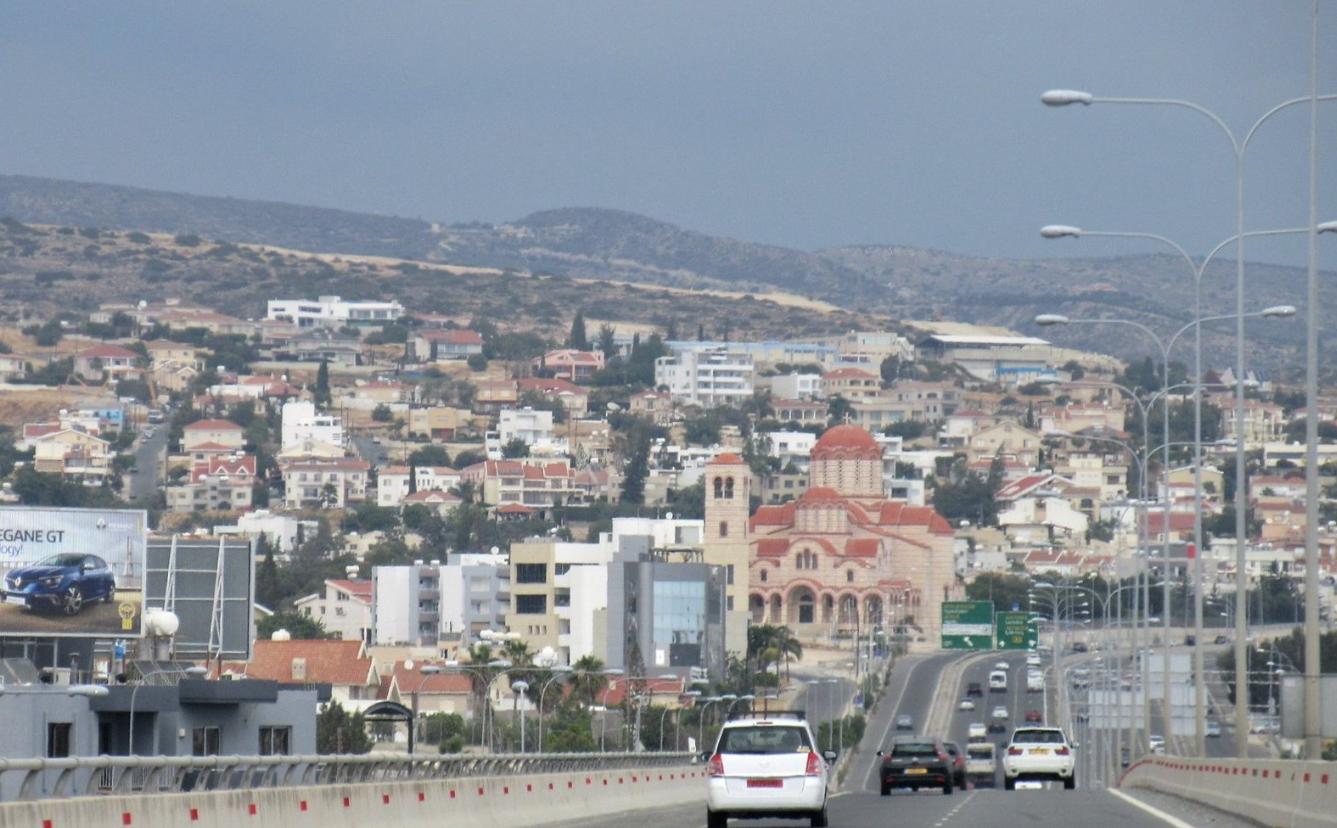
Many expats love the island despite its downsides. Tourism has raised housing and living costs — but that’s true elsewhere too. The best way to know if Cyprus suits you is to come and try. Perhaps the island’s “cons” will turn into pros for you.
See also:

